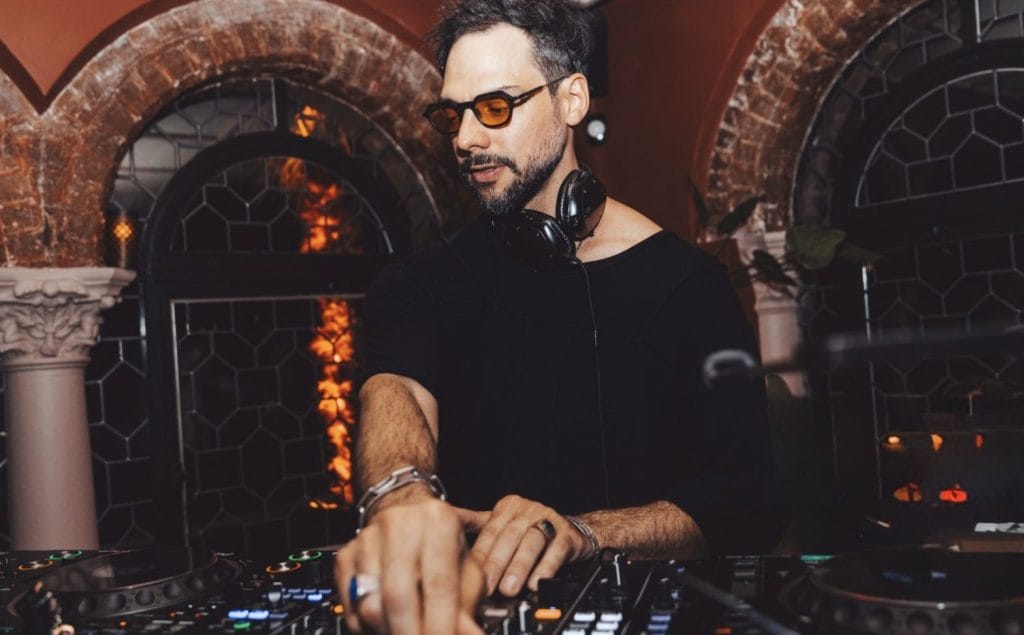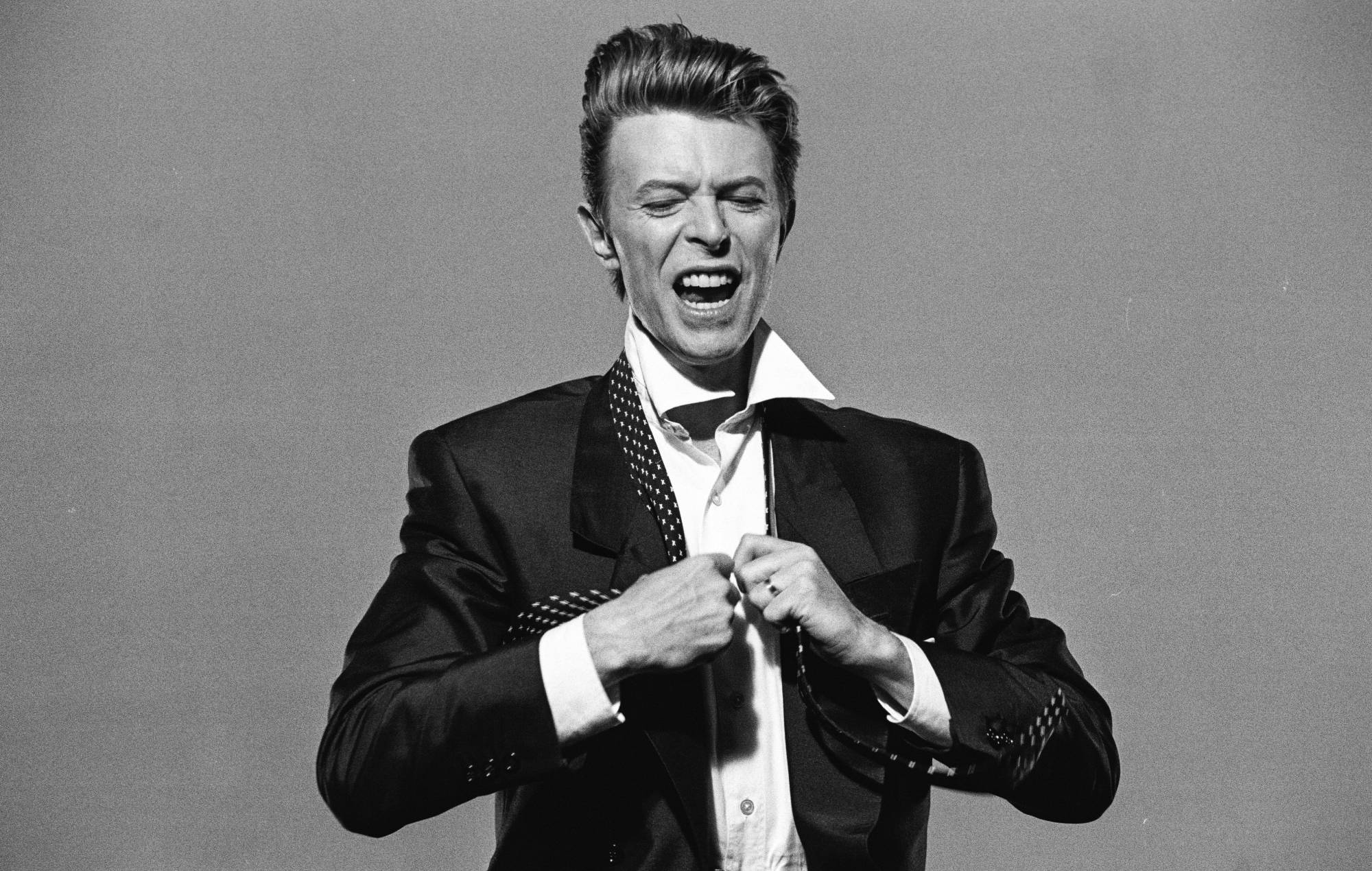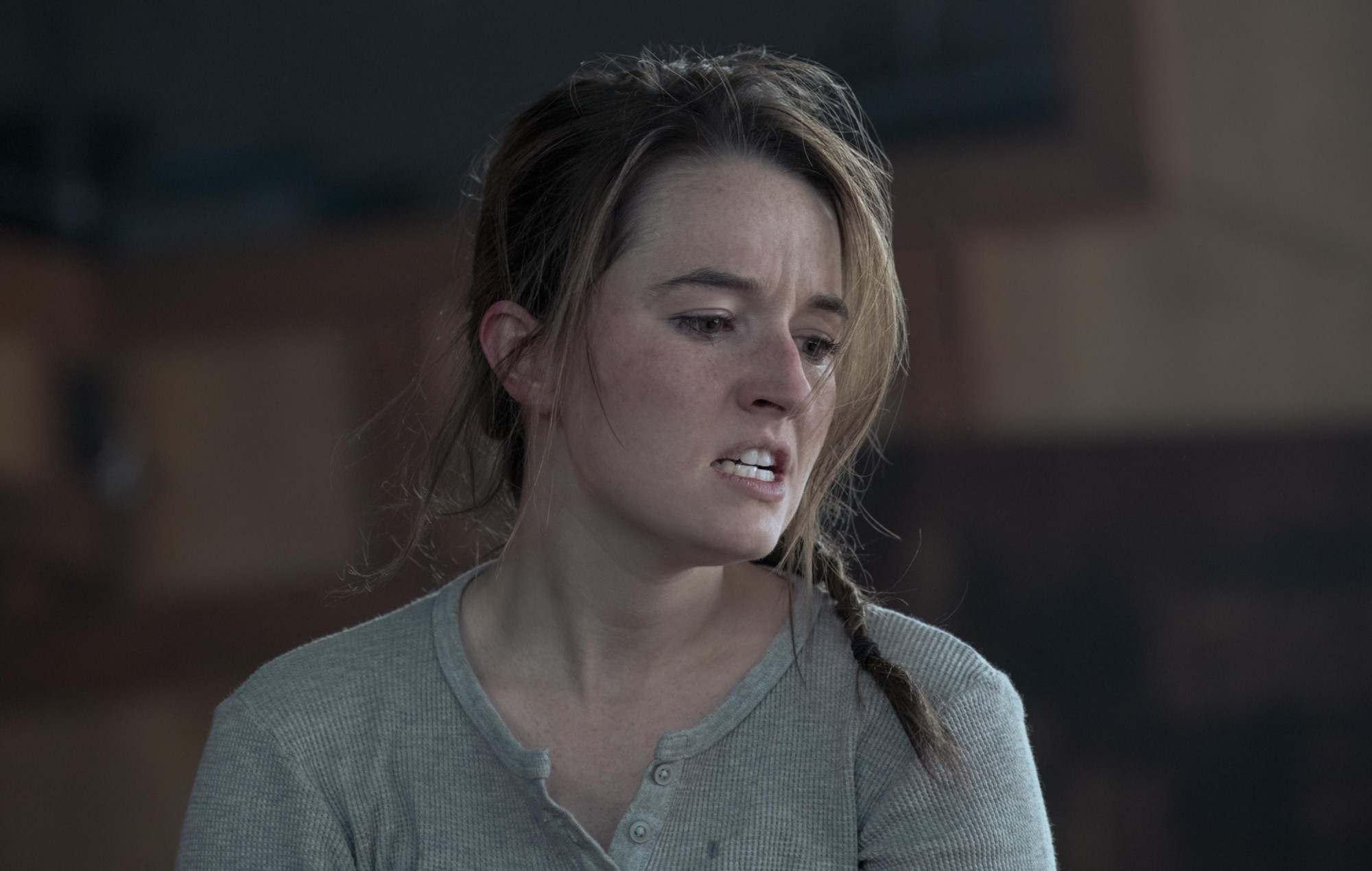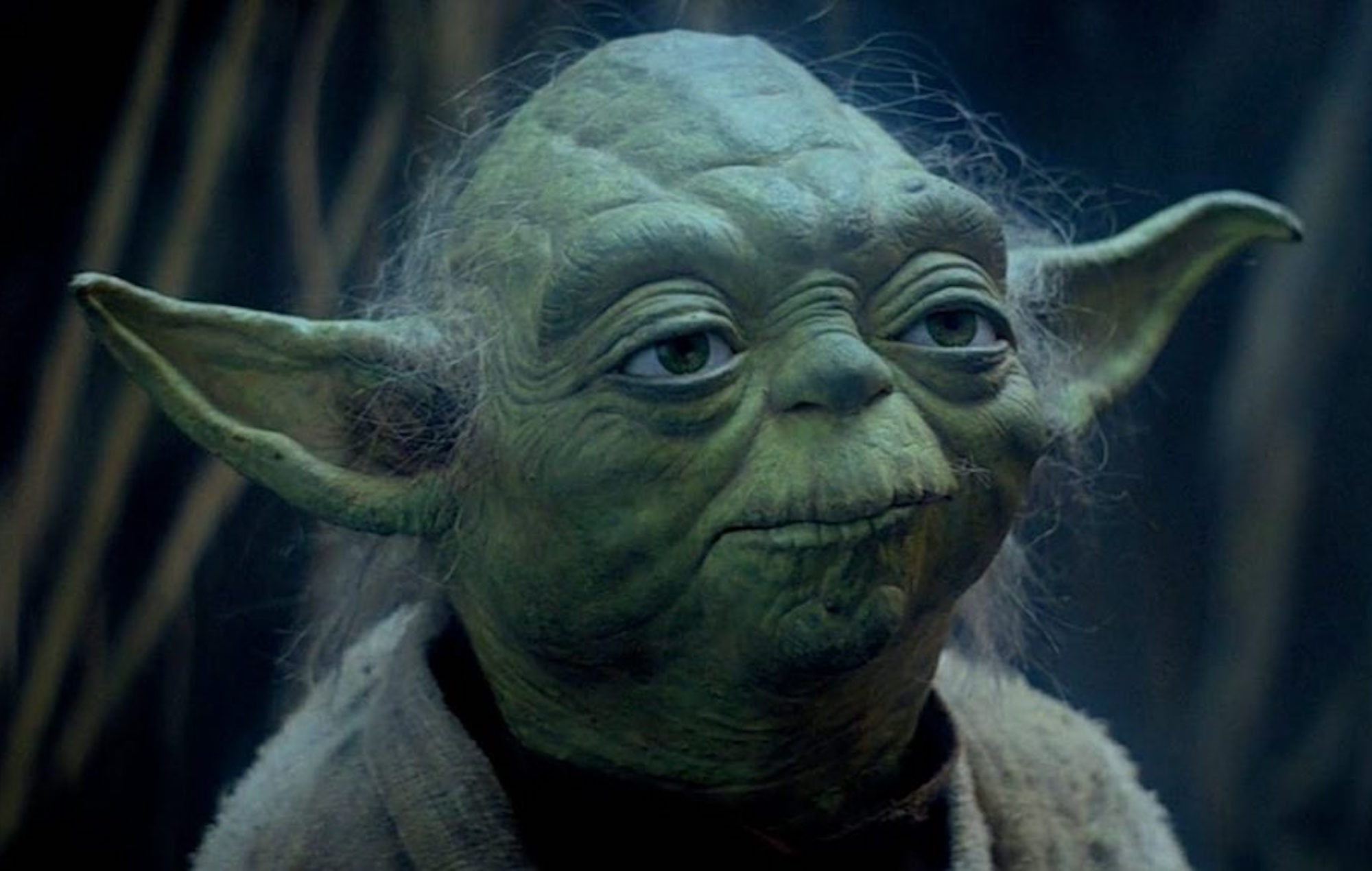For Tommy Raffa, resistance in the studio is less of a creative crisis and more of a subtle shift in awareness. What some might label a block, he sees as a signal—an indicator that the path needs adjusting rather than forcing forward. That kind of sensitivity shows up in his music.
On the All Day I Dream Spring Sampler, Raffa’s track “Outta Nowhere” sits with a robotic patience, letting groove and texture do the heavy lifting. It’s not trying to prove anything. It’s not rushing to resolution. It builds with a cool sense of direction, like someone who has already worked through the noise and landed on clarity.
In conversation, Raffa approaches his process like someone aware of how easy it is to derail momentum. The studio, for him, is a place of feedback loops—both internal and external—and it takes a practiced balance to know when to lean in and when to step away.
He doesn’t talk about breakthroughs in grand terms. Instead, he emphasizes pacing, presence, and a kind of disciplined patience. Even when a session feels unproductive, he trusts that elements can be salvaged later. Ideas can be recycled. Progress is nonlinear. And creative friction, if used correctly, becomes the sharpener rather than the roadblock.
What comes through most clearly is his emphasis on intentionality. Whether shifting to another track, clearing his head with a walk, or reengaging with something older from a new angle, Raffa’s process avoids panic. He’s not dodging the work. He’s tracking what feels alive and knows when to give it space.
For artists who treat resistance as failure, Raffa’s mindset offers something quieter but more sustainable—a framework built on awareness, balance, and the quiet act of listening until the next move makes sense.
What does resistance actually look like for you when you’re trying to make music?
My motto in life is to always take the path of least resistance, but when working in the studio, resistance can come into play – whether an arrangement isn’t landing, the kick isn’t hitting right, or you’re stuck trying to find the perfect clap, it can completely throw you off your flow.
In order to overcome this, I’ve found the best approach is to step away. I have to feel everything when working with music and the music won’t come out the way I’ve envisioned it if I force it. Resistance is like the plague—avoid it at all costs. If I decide one thing isn’t right and spiral with no solution, that is resistance rather than progress. There’s always a solution. When I get bored doing one thing, I do something else. I think it’s more A.D.D. for me than resistance.
How do you tell the difference between needing a break and just dodging the work?
If I’ve spent too many hours on one thing, not making progress on a track, or being stuck on one little detail for hours, I need a break. Also if my ears and head start to strain. A break is very important throughout studio sessions whether it’s a full day, night, or even a week.
If I lock myself in too long I find my creative process and well-being can become stagnant.
That being said, when a track is in flow and I have lots of momentum and inspiration, I haven’t taken a break for extended periods of hours and I don’t want to turn away or shut off the sound when I’m in that flow. Persistence is also key when in that special zone. Every artist and producer has different processes and I think it’s most important to listen to yourself and be aware of what works best for you to accomplish a track.
What’s your go-to move when a session stalls out?

When a session stalls out I like to let it breathe and clear my head. Reflect on where I envisioned a track, where it’s gotten to, and see what changes I want to make. Sometimes this can take a day, sometimes a week. I have many tracks I simply ended up not liking in the end, but parts have inspired new music.
I like to evolve and never waste any time I’ve put into something.
Have you ever gotten something useful out of staying in a stuck session instead of walking away?
Yes. It’s one of those things—you just never know. Persistence has led to some of my greatest breakthroughs and ideas for a track. It has also led to frustration without progress. If I’m not making progress or finding any inspiration on a certain track, I will start a new idea or revisit another track. Sometimes that change of sound can lead to progress on something else.
What tends to make studio resistance worse—and what’s helped cut through it?
Forcing a session without progress or inspiration. Pushing your energy levels when your mind is simply run down. Your ears, eyes—everything just isn’t working anymore for that day or night. Balance and clarity are key for me to cut through studio resistance. If one thing’s not working, try something different. If I’m feeling uninspired, I get some air, go for a walk, focus on art, make a phone call, and when I feel ready, get back to the track.
After a bad session, how do you reset without carrying that tension into the next one?
I do what makes me happy and try not to dwell too long on any one thing. If a track isn’t working out the way I wanted it to, I let it sit and start a new one or revisit another one. The goal is to feel complete and proud of a track. If I change it up too much, nothing gets accomplished. But I also know when something is working and something isn’t. The goal is to keep doing something I love and feel inspired by. That’s where the magic happens.
Has your relationship with creative blocks changed—and what helped you shift how you handle them?
I believe so. Awareness, presence, and growth is something I always strive for in life. I used to give up a lot on things—especially if I was set on a track and it wasn’t getting where I wanted it to. Over the years I’ve realized you can’t give up in life or you will never move forward. All artists get blocks. It’s how you deal with them that helps you succeed.
If I’m blocked, I find another creative outlet—reading an inspirational book, journaling, drawing, going to an art gallery, or watching a film for inspo.
An occasional phone call with friends or family can also do wonders. The studio can become isolating at times. Asking for advice on a track can open a whole new idea I’d never have thought of. The more time I spend learning and creating, the more I discover what works for me—and what doesn’t.
The post Tommy Raffa on Creative Resistance and the Power of Letting Go appeared first on Magnetic Magazine.



